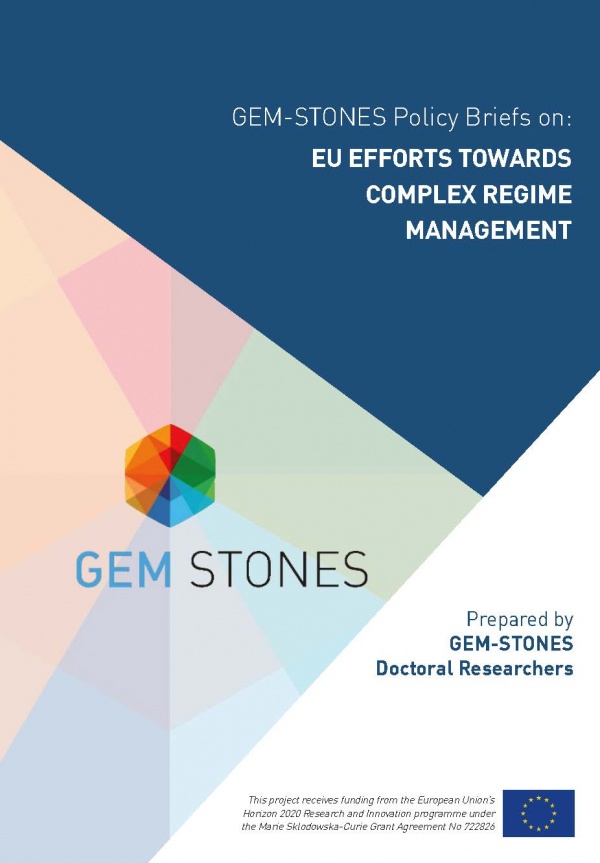Regulatory Cooperation at the Service of Climate Ambitions: One Mind, One Heart?

GEM-STONES Policy Briefs. AGORA Forum, March 2020
Executive Summary
Plagued by continuous controversies, EU trade agreements continue to suffer from various, wellgrounded or not, criticisms. Regulatory cooperation mechanisms (RegCoop) are often singled out as policy tools impeding the sustainable transition of European economy. In an effort to clarify the nature of RegCoop and its eventual shortcomings, this executive brief presents its different institutional forms used in Free Trade Agreements (FTAs). It uses insights gathered during a Ph.D. research comparing sectoral cooperation design, within the specific case of the Comprehensive Economic and Trade Agreement (CETA).
Currently, the Committee on Trade and Sustainable Development (CTSD) remains the main forum for environmental concerns in EU FTAs. Its legal competences remain however strictly limited, and its institutional format complex. This limits the committee’s ability to take a stronger role in supporting EU climate ambitions. In the context of the recently adopted EU “Green Deal”, this brief proposes several recommendations to harness the potential of horizontal and sectoral technical cooperation in EU FTAs. Besides opening technical dialogues to environmental experts, it suggests altering the overall objective of “reducing/removing regulatory obstacles”, scheduled in the EU negotiating mandate. Furthermore, it proposes to integrate emission objectives and regulatory measurements, such as Production and Process Methods (PPM), directly into the negotiating mandate and sectoral cooperation.
![]()
This project receives funding from the European Union's Horizon 2020 research and innovation programme under the Marie Sklodowska-Curie Grant Agreement No 722826.
















